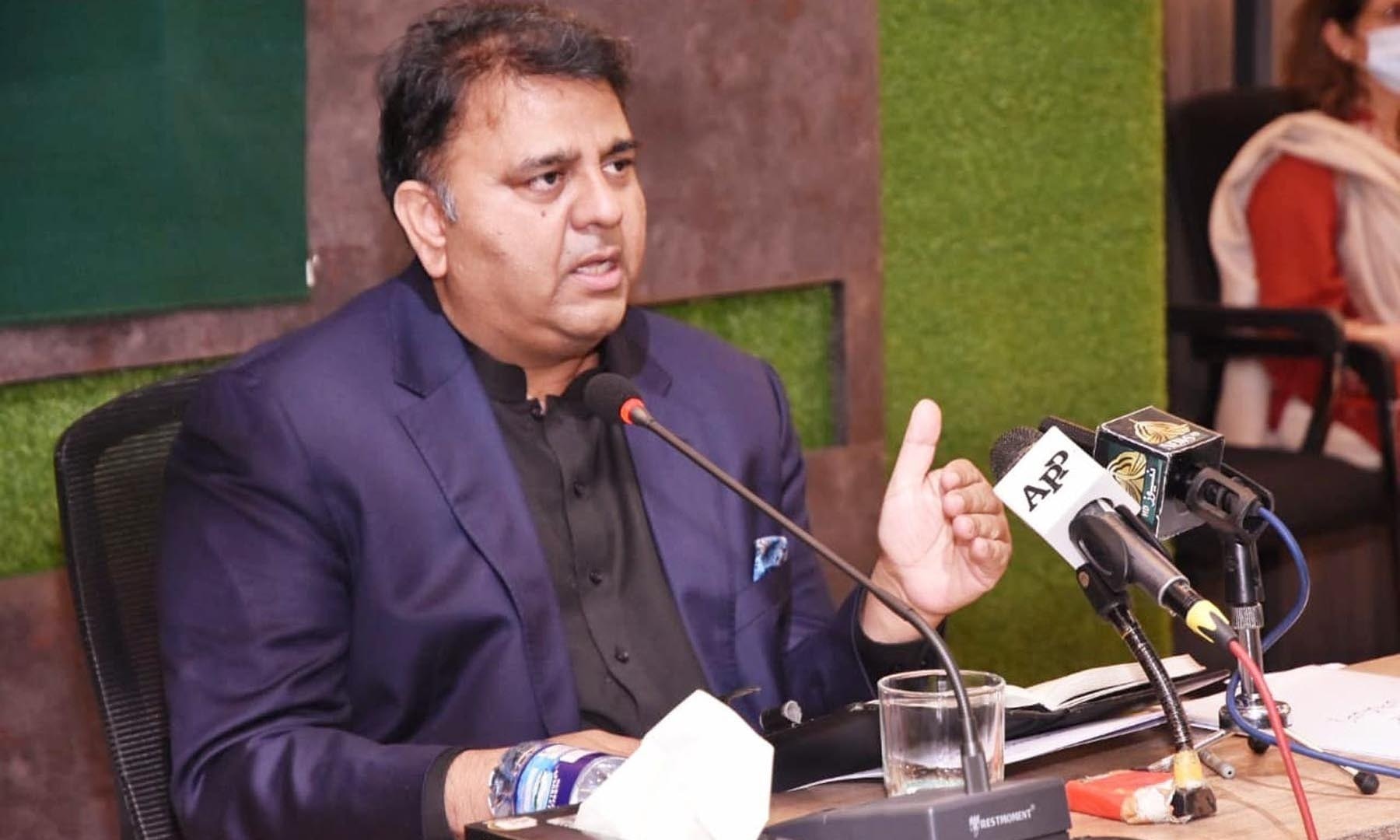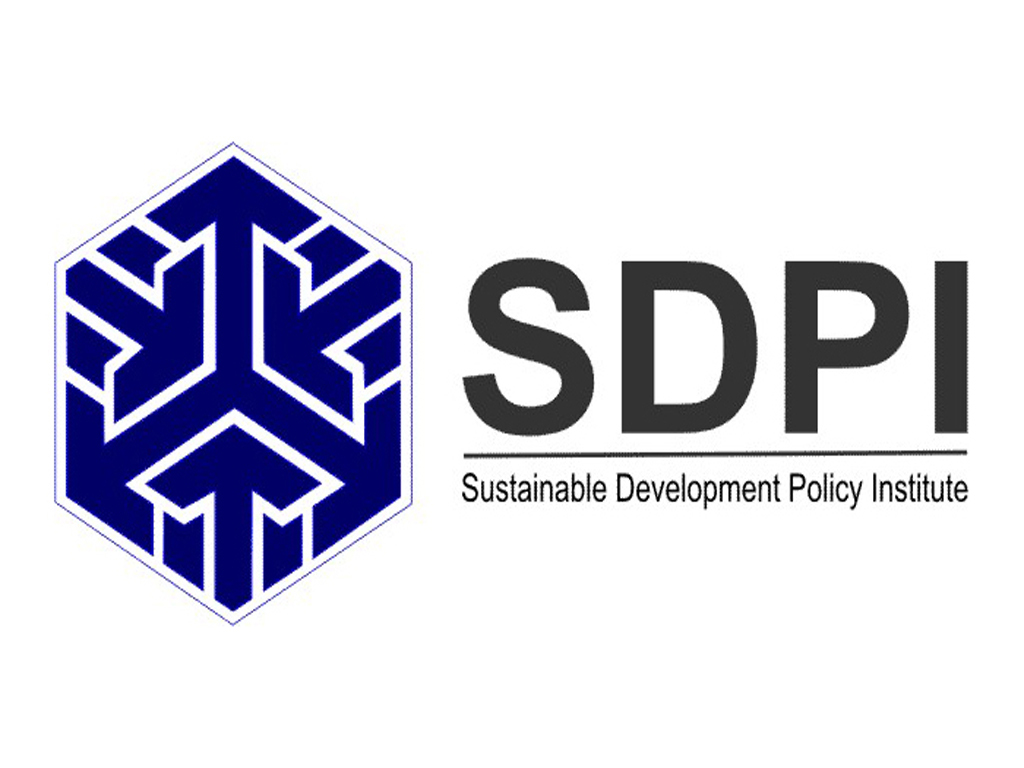Decides to send wheat, rice to Afghanistan:
Approves leasing out of PTDC properties:
Increases gas prices for captive power plants:
Fawad says govt wants to give TTP militants a chance who express their allegiance to constitution:
The federal cabinet on Tuesday approved the Strategic Trade Policy Framework (STPF) 2020-25 to enhance the ability of Pakistani enterprises’ capacity to produce, distribute and sell products and services more efficiently than their competitors. The following priority sectors have been identified under the framework after studying the international demand trends, on one hand, and the capacity and capabilities of different export sectors of Pakistan, on the other.
Under the policy, the traditional sectors included textiles and apparel; leather; surgical instruments; sports goods; carpets; rice; cutlery; pharmaceuticals; marble and minerals; processed food and beverages; footwear; gems and Jewellery; chemicals; meat and poultry; fruits and vegetables; seafood; and services sector with special focus on IT, transport, logistics and tourism. The developmental sectors are engineering goods, including auto parts.
The main focus of the Strategic Trade Policy Framework will be geographical and product diversification, manufacturing cost reduction through tariff rationalisation, pursuit of regional connectivity and Look Africa Policy, enhancement of market access through FTA/PTA, facilitation of logistics and tracking under TIR and enhancement of regional connectivity for access to Central Asian Republics (CARs), Turkey and Iran, and further towards Europe and Russia.
The framework is dynamic in nature and will be subject to course correction based on constant monitoring and evaluation. There would be an institutionalised mechanism for robust monitoring and implementation of the STPF to minimise the policy implementation gaps, which have traditionally remained a weak link due to multi-organisational roles in the export ecosystem.
To oversee the implementation of STPF 2020-25, a cross functional National Export Development Board (NEDB) had already been constituted under the chairmanship of the prime minister, comprising senior public sector officials of the relevant organisations and private sector representatives.
Regular meetings of the NEDB are being held to ensure the implementation of various policy measures. Meanwhile, Minister for Information and Broadcasting Fawad Chaudhry briefed the media about the decisions taken at the cabinet meeting on Tuesday. He said that the state of Pakistan cannot fight an “indefinite” war with the banned Tehreek-e-Taliban Pakistan (TTP), saying that the government wants to give “its citizens a chance if they respect the Constitution of Pakistan and its legal framework”.
“Ultimately, the wars are fought in order to bring back peace. You have to conclude wars. So our point of view is that Pakistan must talk from the position of strength and we believe that after this change in Afghanistan [we are in position of strength] and even the authorities in Afghanistan want us to negotiate and make a deal with TTP,” Fawad said. “States do not fight a perpetual war. We want to give a chance to those who express their allegiance to the Constitution of Pakistan and respect Pakistan’s legal framework.”
He said that the government of Pakistan believes that the authorities in Afghanistan want peace in Pakistan. He said that the ongoing talks with the TTP would be under the purview of the Constitution of Pakistan, adding that all the groups that the government was engaged with would have to respect the Constitution.
He said the federal cabinet has increased gas prices for captive power plants to $9 per MMBTU (Million British Thermal Unit) from $6.5 per MMBTU. Likewise, the RLNG rate for different units of the exports sector units will remain unchanged ($6.5 per MMBTU). The prices would come into effect on November 15, 2021, and would remain intact till March 31, 2022, he added.
He said some sectors were misusing the subsidy on gas to produce electricity which was already excessive in the country. The initiative was taken to remove that specific anomaly. There has been a worldwide crisis of gas, he said while citing examples of the United Kingdom where the commodity prices had witnessed a marked increase.
To avoid misuse of the scheme, the government had decided to take the subsidy back from the industrial sector till March 31, 2022, as the gas crisis is likely to ease after March. He clarified that this has nothing to do with domestic consumers. Fawad said that it has been decided that Adviser to Prime Minister on Finance Shaukat Tarin would head the committee on wheat and sugar exports.
He said the federal cabinet has decided to send a sufficient amount of wheat flour and rice to Afghanistan to help Afghan people dealing with the emerging humanitarian crisis. He said the cabinet has also decided to ease imports from Afghanistan to Pakistan. To reinforce Pakistan’s humanitarian efforts for Afghanistan, the forum also decided to set up a fund for collecting contributions to help Afghan people who are already suffering from food shortage.
The minister said that according to a recent report of the United Nations, 23 million Afghan people are facing food shortage in the current situation while minor children are being sold to get food stuff. He said, “In this regard, we are trying our best to convey our concerns to the world community and it is the high time to take action to avert an emerging humanitarian crisis in the war-torn country.”
Fawad said, “During the foreign ministers’ upcoming meeting of OIC member countries in Islamabad, we will appeal the Muslim world to extend a helping hand for Afghan people.” He also appealed to the world community to release assets of Afghanistan so they can deal with the current situation where common people are suffering.
Commenting on domestic issues, the minister said that Prime Minister Imran Khan has directed treasury parliamentarians to ensure their attendance during the ongoing sessions of National Assembly and Senate as the government aims to pass important legislation from the joint sitting of the parliament.
Fawad said the cabinet also approved leasing out of Pakistan Tourism Development Corporation’s properties in Punjab, Khyber Pakhtunkhwa, Gilgit-Baltistan, and Azad Kashmir to the private sector. He said the trade agreement with Afghanistan has been extended for another six months. The new Director General of Pakistan Maritime Security Agency has also been appointed, he added.
Answering a question, the minister said that Pakistan wants an inclusive government in Afghanistan. He said, “We will recognise the Afghan government after it is recognised by the regional countries.”



